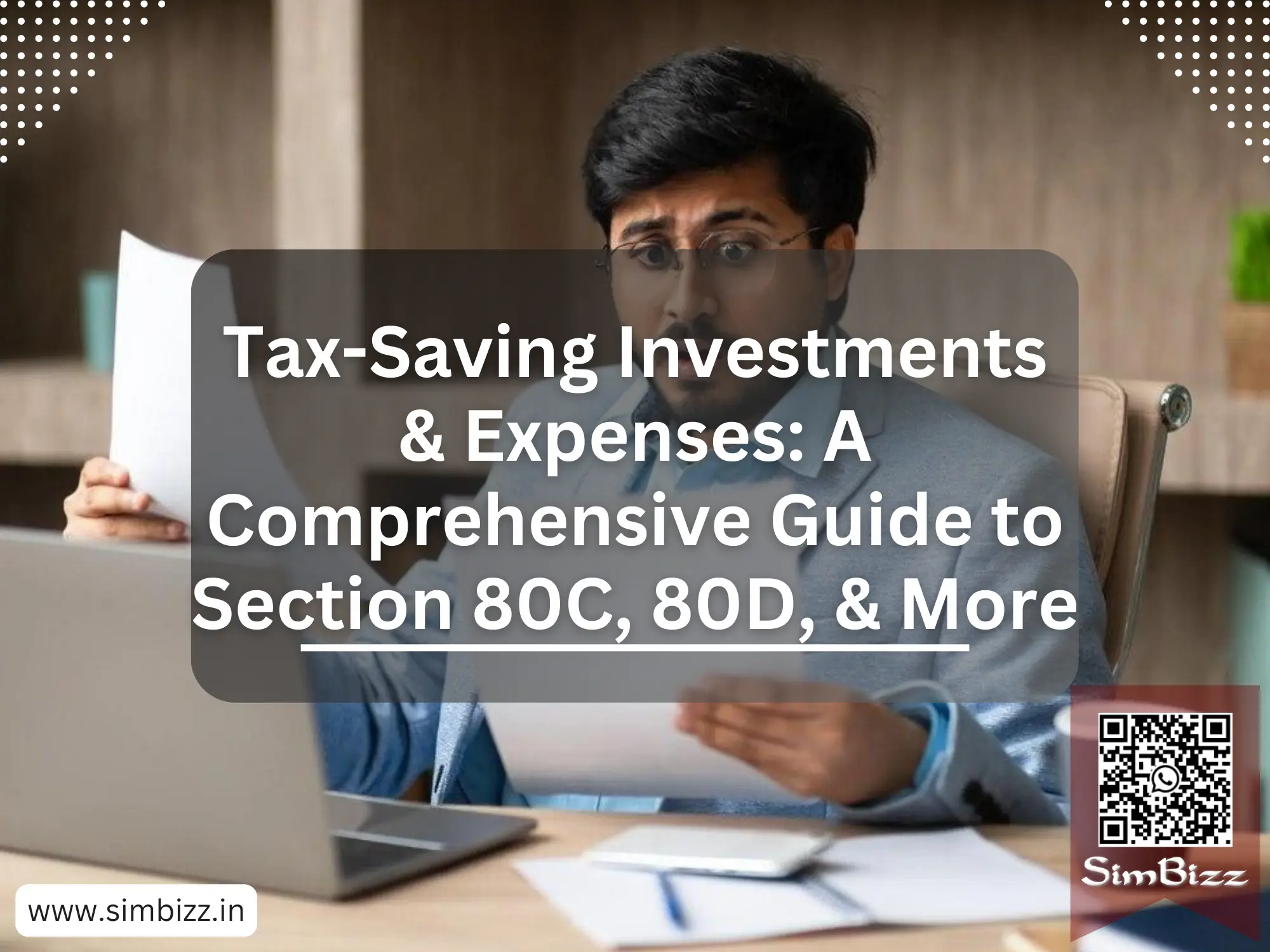When it comes to optimizing tax savings, understanding the various investment options and expenses that fall under different sections can be immensely beneficial. Here’s a comprehensive overview of the key deductions and limits under Section 80C, 80D, and other relevant sections:
Section 80C
Under Section 80C, individuals can avail deductions for a variety of investments and expenses, including:
- Life Insurance Premiums (LIC)
- Public Provident Fund (PPF)
- Employee Provident Fund (EPF)
- Equity Linked Savings Scheme (ELSS)
- Children’s School Fees
- Principal Repayment of Home Loan
- Unit Linked Insurance Plan (ULIP)
- Sukanya Samriddhi Yojana, and more.
The limit for deductions under Section 80C is Rs. 150,000.
Mediclaim and Medical Expenses (Section 80D)
For mediclaim premiums for self, family, or parents, as well as medical expenses for senior citizens, individuals can avail deductions under Section 80D.
- Mediclaim for Self and Family
- Mediclaim for Parents
- Medical Expenses for Senior Citizens
Interest on Home Loan (Section 24(b))
Deductions on the interest paid for a home loan can be claimed under Section 24(b), up to Rs. 200,000.
Additional Employee Contribution (Section 80 CCD(1B))
An additional deduction of up to Rs. 50,000 is available under Section 80 CCD(1B) for contributions to the National Pension Scheme (NPS).
Employer Contribution to NPS (Section 10(13A))
Employer contributions to the NPS are eligible for deductions under Section 10(13A).
House Rent Allowance (HRA)
For individuals receiving HRA, deductions are available based on specified criteria, including the lowest of:
- Actual HRA received
- 40% of the salary (50% for metro cities)
- Rent paid minus 10% of the salary.
The limits for HRA deductions are Rs. 150,000, Rs. 25000 (Rs. 50,000 for senior citizens), and Rs. 25000 (Rs. 50,000 for senior citizens).
Understanding these tax-saving options and utilizing them effectively can go a long way in optimizing your financial planning while ensuring compliance with the relevant regulations. As always, it’s advisable to consult with a tax advisor to make well-informed decisions based on your individual circumstances.


